Can I Get Monthly Interest On FD?
Yes, you can get monthly interest with a monthly income FD scheme.
For many, fixed deposits continue to be the favorite savings option. FDs are safe and they offer guaranteed returns, making them a suitable instrument for every type of investor.
This blog is written specifically for those who are wondering whether Fixed deposits are right for them.
What Is A Fixed Deposit?
When you open a Fixed Deposit account, you can invest a sizeable amount of money at a predetermined rate of interest for a fixed period. At the end of the FD period, you will receive the lump sum amount, along with interest.
A fixed deposit, also known as FD, is an investment instrument offered by banks and non-banking financial companies (NBFCs). Considered to be one of the safest investment options, FDs are loved by many Indians.
Banks offer different rates of interest for an FD account. The interest rate depends on the type of banks (public sector, private sector, or small finance banks).
Generally, senior citizens are offered higher interest rates. The interest you earn on your Fixed Deposit is either paid at maturity or on a periodic basis depending on your choice.
However, you cannot withdraw the money before maturity and if you wish to withdraw your money, you would have to pay the penalty to do so.
Fixed deposits’ period ranges from a minimum of 7-14 days to a maximum of 10 years. This is why an FD is sometimes called a term deposit.
Before we understand how you can earn monthly interest from fixed deposits, you should learn how Fixed Deposits work.
How Do Fixed Deposits Work?
Just like everyone in this world, banks too need money to function. They require funds to offer as loans to their customers.
One of the ways in which banks can obtain money is through fixed deposits for which they offer certain rates of interest. The difference between the interest rate on FDs and loans is called the spread, which is the earnings of the bank.
The interest offered by the bank depends on the maturity period of the FD. A 7-day FD will offer you a lower annual interest rate than a one-year FD.
You can choose to either reinvest the interest or receive an interest amount periodically in your bank account.
How To Earn Interest On (FD) Fixed Deposit?
Cumulative FDs – In these fixed deposits, you will receive the interest and the principal at maturity. The interest is reinvested every year, meaning that you will not be receiving any regular interest payouts.
Instead of regular payouts, you will receive a lump sum at the end of the Fixed Deposit tenure.
If you are someone who doesn’t require a regular stream of income, then the cumulative FD option might be suitable for you.
You can also benefit from the power of compounding under this option, with the following year’s interest being calculated on the principal plus interest of the previous year.
If you wish to receive monthly interest on your fixed deposits, you need to choose Non-Cumulative FDs.
Non-Cumulative FDs – In these FDs, you will be paid interest at fixed intervals. You could choose to receive interest payments every month, every quarter, every six months, or every year, depending upon your requirements.
This FD is suitable for those who require a regular stream of income. The only disadvantage of non-cumulative Fixed Deposits is that you will lose out on the benefit of compound interest.
Deep Dive Into Monthly Interest Payments
Meet the fixed deposit Monthly Income Scheme (MIS), which offers a monthly fixed deposit payout, meaning that you will receive interest on your deposit amount every month.
However, you might receive a relatively lower interest rate for monthly payouts when compared to other frequencies such as half-yearly and yearly.
For example, ₹35 lakh in a non-cumulative FD with monthly interest payouts would give you a monthly payment of ₹19,104 every month.
The fixed deposit monthly income scheme (MIS) is liquid as it allows the investor to withdraw money at any time. The withdrawal cost is less than 1% of the capital invested.
This scheme doesn’t charge any account opening or management fees. Therefore, it is comparatively less costly than other available monthly income schemes.
Benefits Of Fixed Deposits Monthly Interest Products
Below are the advantages of receiving monthly interest on your fixed deposits.
- Easy To Invest – It is easy and quick to open a Fixed Deposit account, as you can start investing via online or offline mode.
- Withdrawal – You can withdraw money from the FD account without paying any fees. This makes the instrument a highly liquid option.
- Assured Returns – Unlike investment instruments, which are linked with the stock market, fixed deposits offer guaranteed returns. Your capital remains safe and secure in Fixed Deposits and you will receive returns that are higher than those of bank saving accounts.
- Longer Tenure – Some banks provide monthly interest FDs for tenures as long as 10 years, which is a substantial period of time to receive an interest income.
- Nomination – The bank MIS FD scheme offers a nominee facility. You can become nominees of a specific person so that in the absence of you, that person will get the benefits of the monthly interest Fixed Deposit scheme.
- Loan Facility – The bank MIS FD scheme provides a loan facility. You can take loans against these types of fixed deposit schemes.
In The End…
Fixed deposits are one of the safest investment options for any type of investor – from newbies to experts. Monthly income schemes are a boon for people who wish to receive a monthly income, making it a suitable option for retirees.
If you receive a large bonus or inheritance or any lump sum amount, you can choose the monthly income scheme so that you can receive monthly payments that will help you with your expenses.
If you are looking to invest in Fixed Deposits, head over to Koshex and create an account to start saving in Corporate Fixed Deposits.
You can start making higher returns in just a couple of clicks with Koshex. Also, Koshex has an amazing calculator, that helps you know how much monthly interest you will receive on your fixed deposit amount. Check out our easy-to-use FD calculator today!

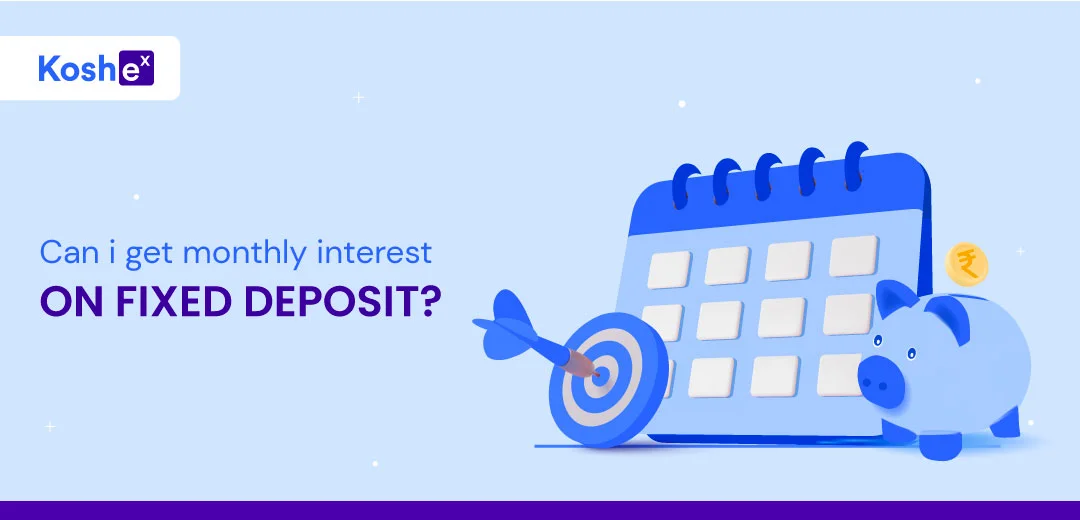

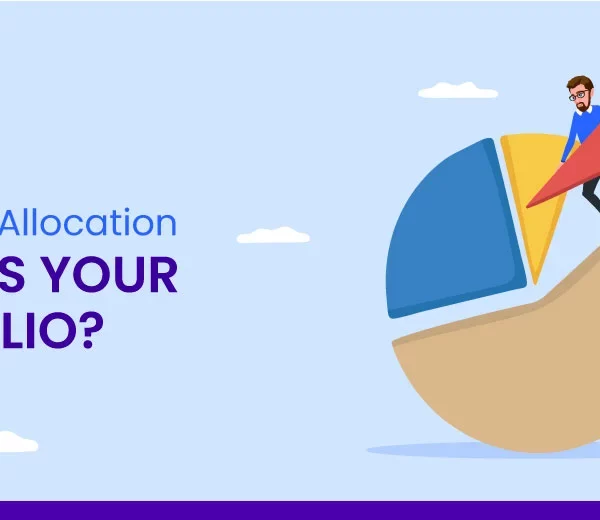
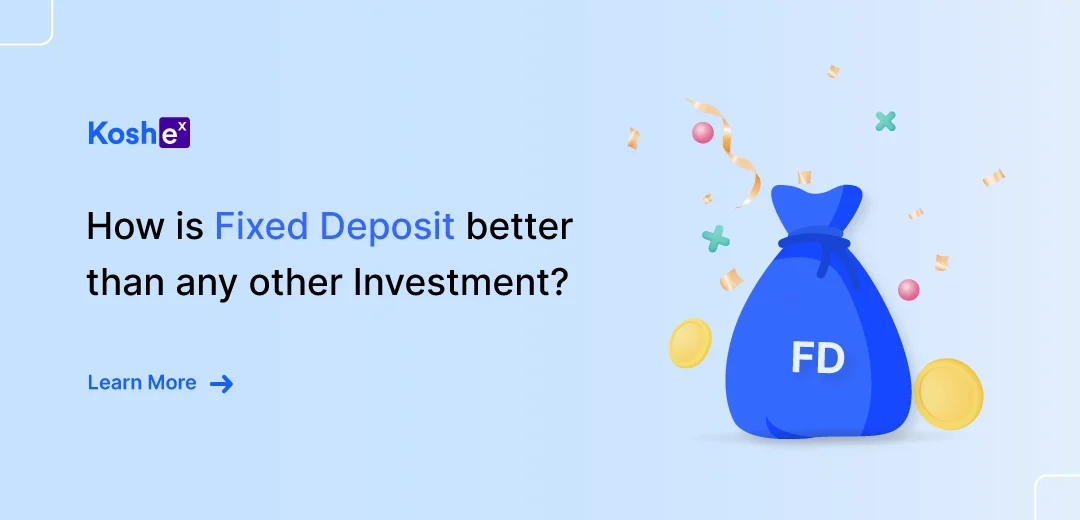
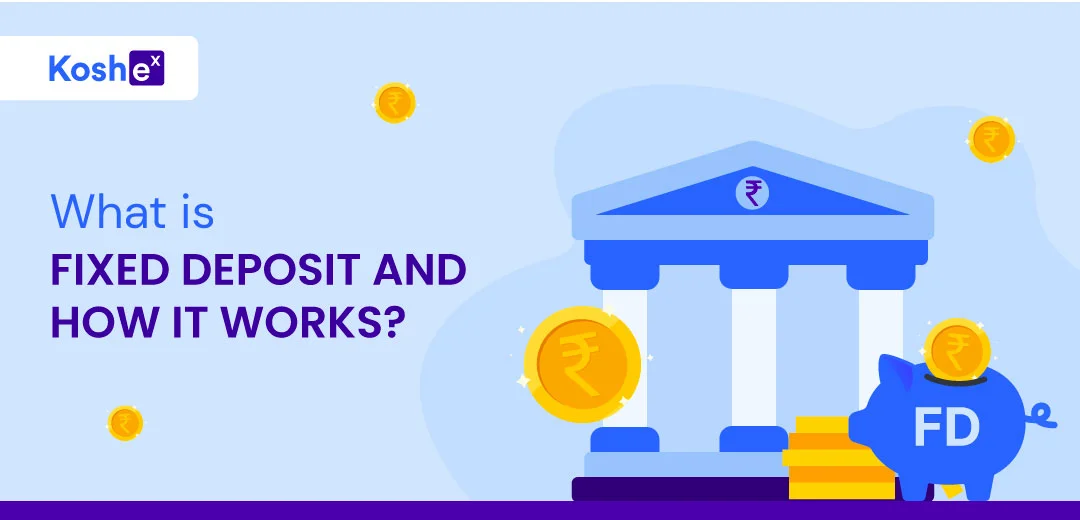
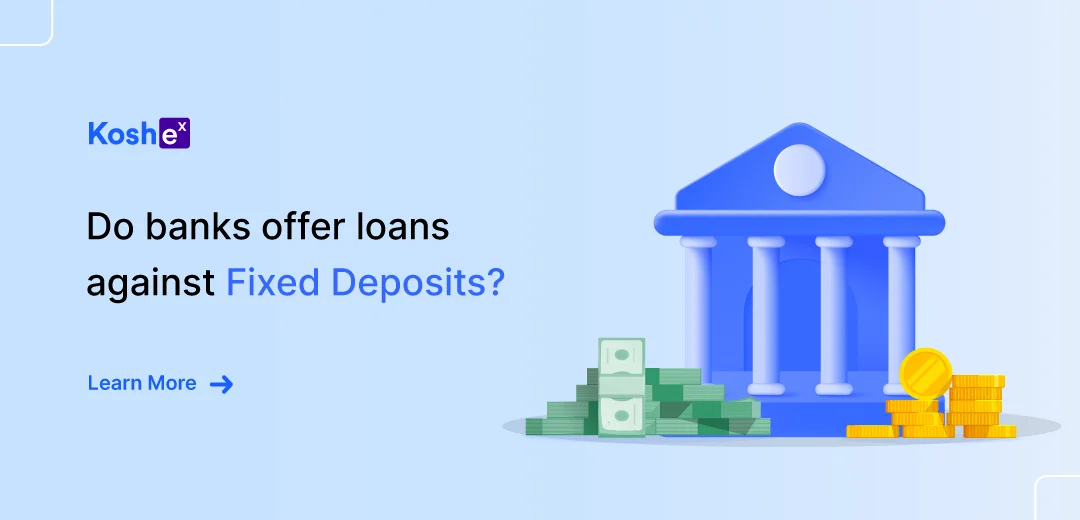


Leave a Comment